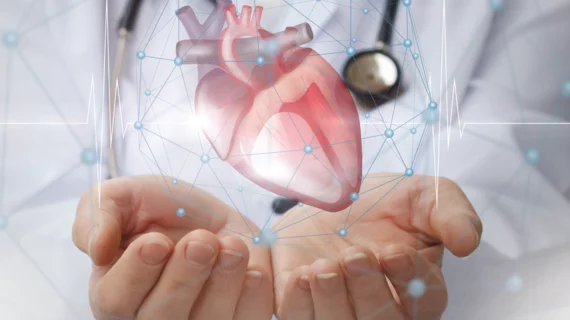Edwards evaluating the safety, effectiveness of new mitral valve repair solution
Edwards Lifesciences has launched a new clinical trial designed to evaluate its Harpoon Beating Heart Mitral Valve Repair System. Edwards inherited the minimally invasive solution back in 2017 when it acquired Harpoon Medical.
The RESTORE clinical trial will evaluate the Harpoon system’s safety and effectiveness by enrolling as many as 360 patients who need mitral valve repair surgery due to severe degenerative mitral valve regurgitation. The system was developed to require only a single small incision to repair a patient’s mitral valve—and the heart continues beating throughout the procedure.
“Symptomatic patients with severe degenerative mitral valve regurgitation can experience limitations in their day-to-day life ranging from reduced physical activity to more serious complications,” Vinod Thourani, MD, national principal investigator of the RESTORE trial and a valve surgery specialist for Atlanta-based Piedmont Healthcare, said in a statement. “Utilizing less invasive approaches, we can potentially reduce the need for traditional open-heart surgery and the hardships associated with a patient's healing and recovery process.”
Patients are now being treated as a part of the RESTORE trial, and enrollment is still open. More details are available here.

